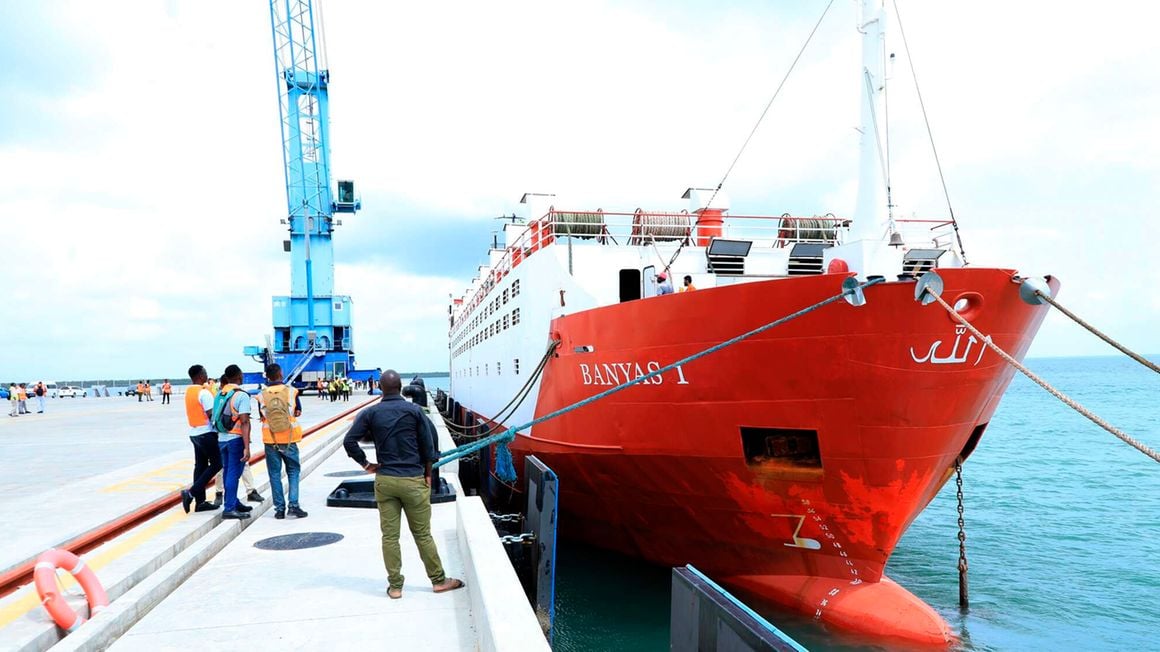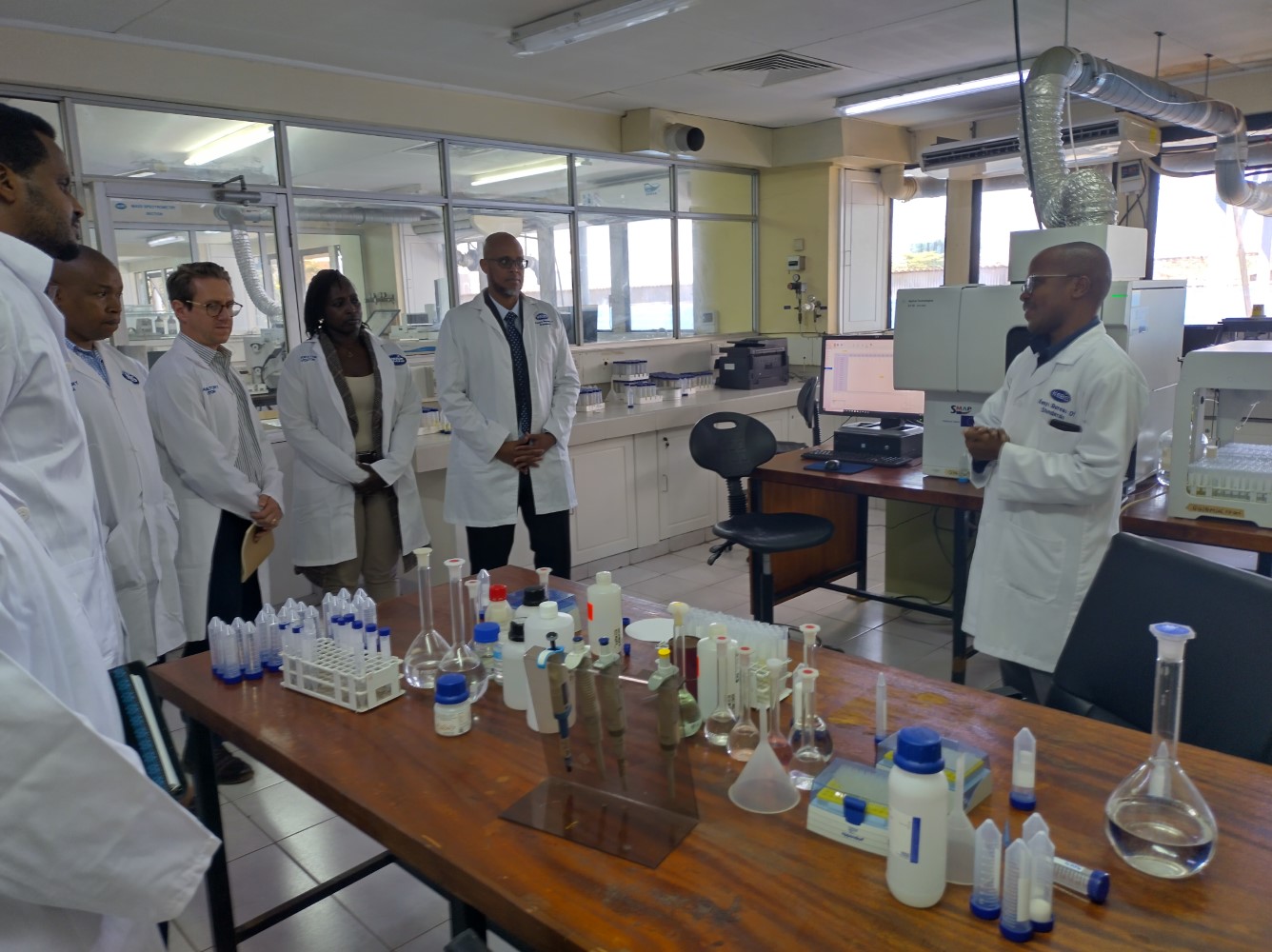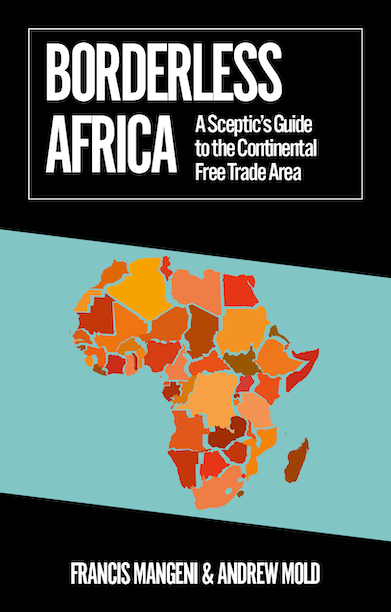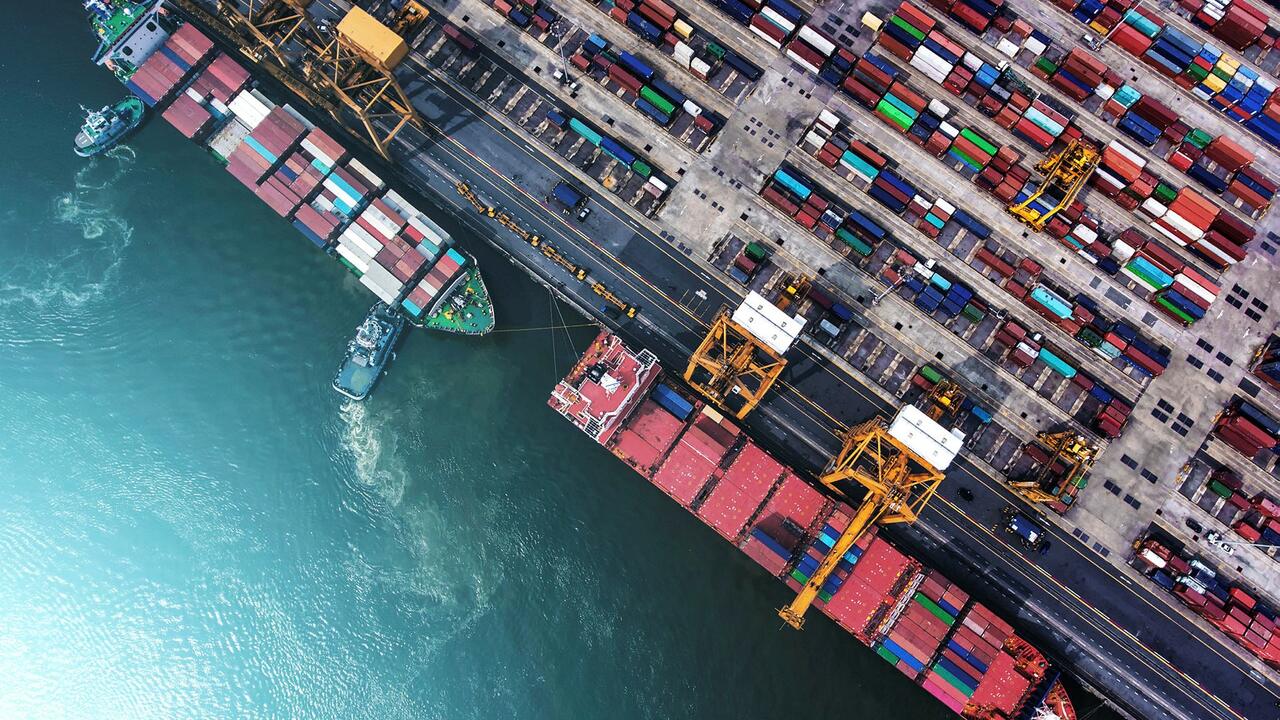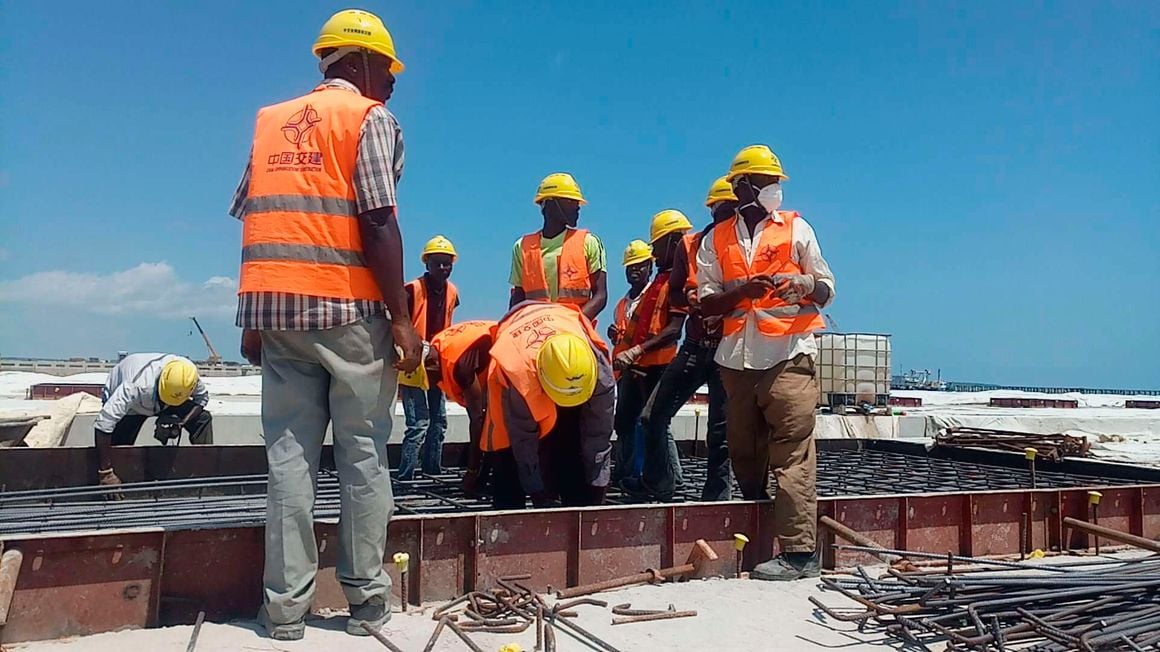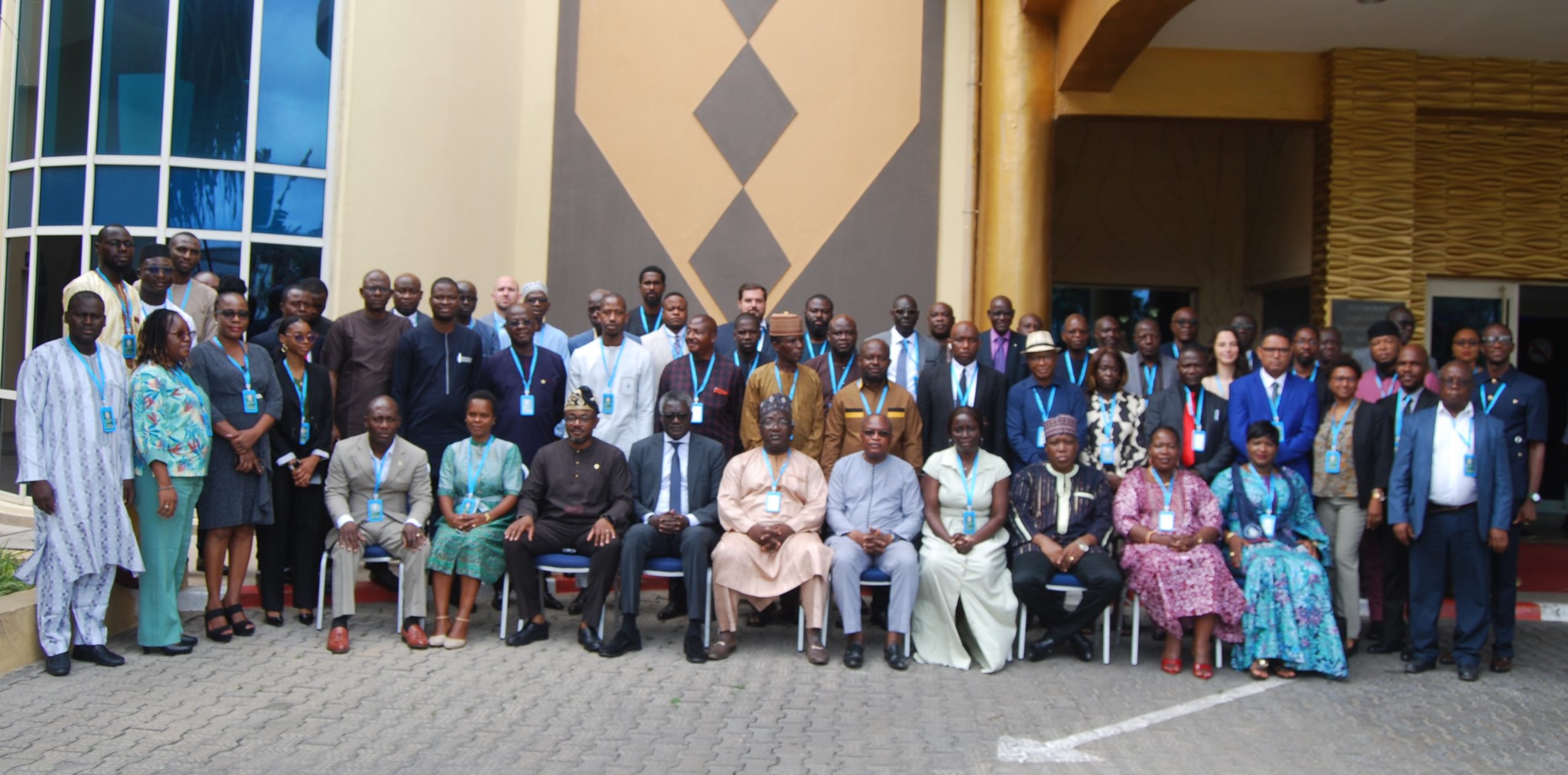The interest by Ethiopia and Uganda in importing goods through Lamu could be the lifeline that the largely moribund port needs even as it continues to register growth in business. Last week Ethiopia received the first shipment of 60,000 tonnes of fertiliser imported through the Port of Lamu from Morocco. And this week Uganda signalled an interest in using the Lamu port in a move that would see it expand trade with Somalia. Kenya’s Roads and Transport Cabinet Secretary Kipchumba Murkomen toured the port on Wednesday and said it is strategically positioned to be the port of call for goods destined for northern Kenya, Ethiopia, and South Sudan. “That’s why we will do all in our power to facilitate the shipment of goods, including the 60,000-tonne fertiliser cargo destined for Ethiopia, in spite of a damaged section of the Lamu-Witu-Garsen road due to floods.” This is the first time Ethiopia is importing cargo through Lamu Port since its operationalisation three years ago. In 2022, the port handled 6,539 metric tonnes of cargo, a figure that jumped to 37,576 metric tonnes in 2023. Container traffic has also seen a rise, with twenty-foot equivalent units increasing from 382 in 2022 to 1,779 in 2023. Ethiopian cargo is handled through Mombasa, which is expensive. Despite its higher operational costs compared to Djibouti, Mombasa in the past two years benefited from Ethiopian freight cargo volumes increasing from 6,915 metric tonnes in 2022 to 14,383 metric tonnes last year due to its relative stability and...
New Ethiopia, Uganda business could hand Lamu port a lifeline
Posted on: May 23, 2024
Posted on: May 23, 2024

